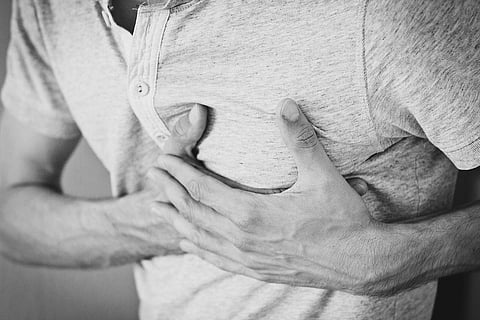

It is now widely known that the novel coronavirus affects the lungs of the patient, but a new study has indicated that the virus may also affect the heart in the long term. A JAMA (Journal of the American Medical Association) study conducted in Germany on a small sample of 100 people who had recovered from COVID-19 showed that 78% (78 patients) had heart conditions and that 60% (60 patients) had myocardial inflammation (inflammation of heart muscles and tissues). This was independent of their preexisting conditions, which meant that healthy patients could also face some heart issues. This was also independent of the severity and overall course of the acute illness, and time from the original diagnosis.
However, the study was conducted on a small sample and states that these findings indicate the need for the ongoing investigation of the long-term cardiovascular consequences of COVID-19.
“Our findings reveal that significant cardiac involvement occurs independently of the severity of original presentation and persists beyond the period of acute presentation, with no significant trend toward reduction of imaging or serological findings during the recovery period. Our findings may provide an indication of a potentially considerable burden of inflammatory disease in large and growing parts of the population and urgently require confirmation in a larger cohort,” the study notes.
For the study, around 100 patients who recently recovered from COVID-19 were identified from the University Hospital Frankfurt COVID-19 Registry between April and June 2020. Of the 100 included patients, 53 were male, and the median age was 49 (45-53) years. Of the 100 patients recently recovered from COVID-19, 67 (67%) recovered at home, while 33 (33%) required hospitalization.
However, the study also noted that it had some limitations as the findings are not validated for the use in pediatric patients 18 years and younger. “They also do not represent patients during acute COVID-19 infection or those who are completely asymptomatic with COVID-19. Several patients within our cohort had new or persistent symptoms, thus increasing the likelihood of positive CMR findings,” the study noted, adding that the use of other imaging protocols, sequence parameters, or post processing approaches may yield different results.